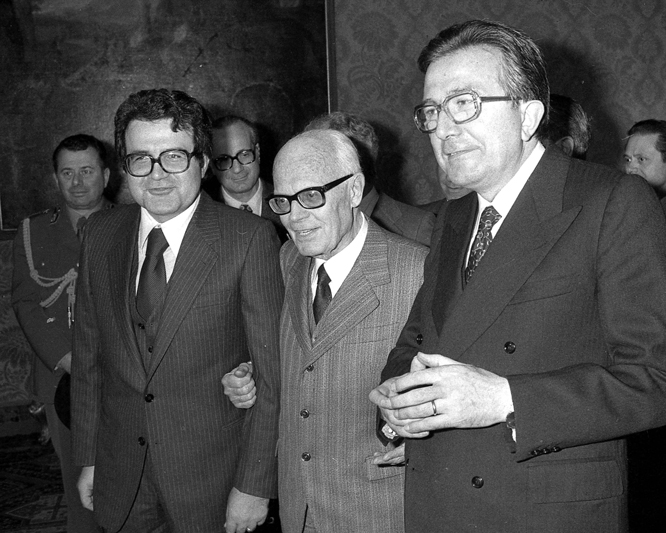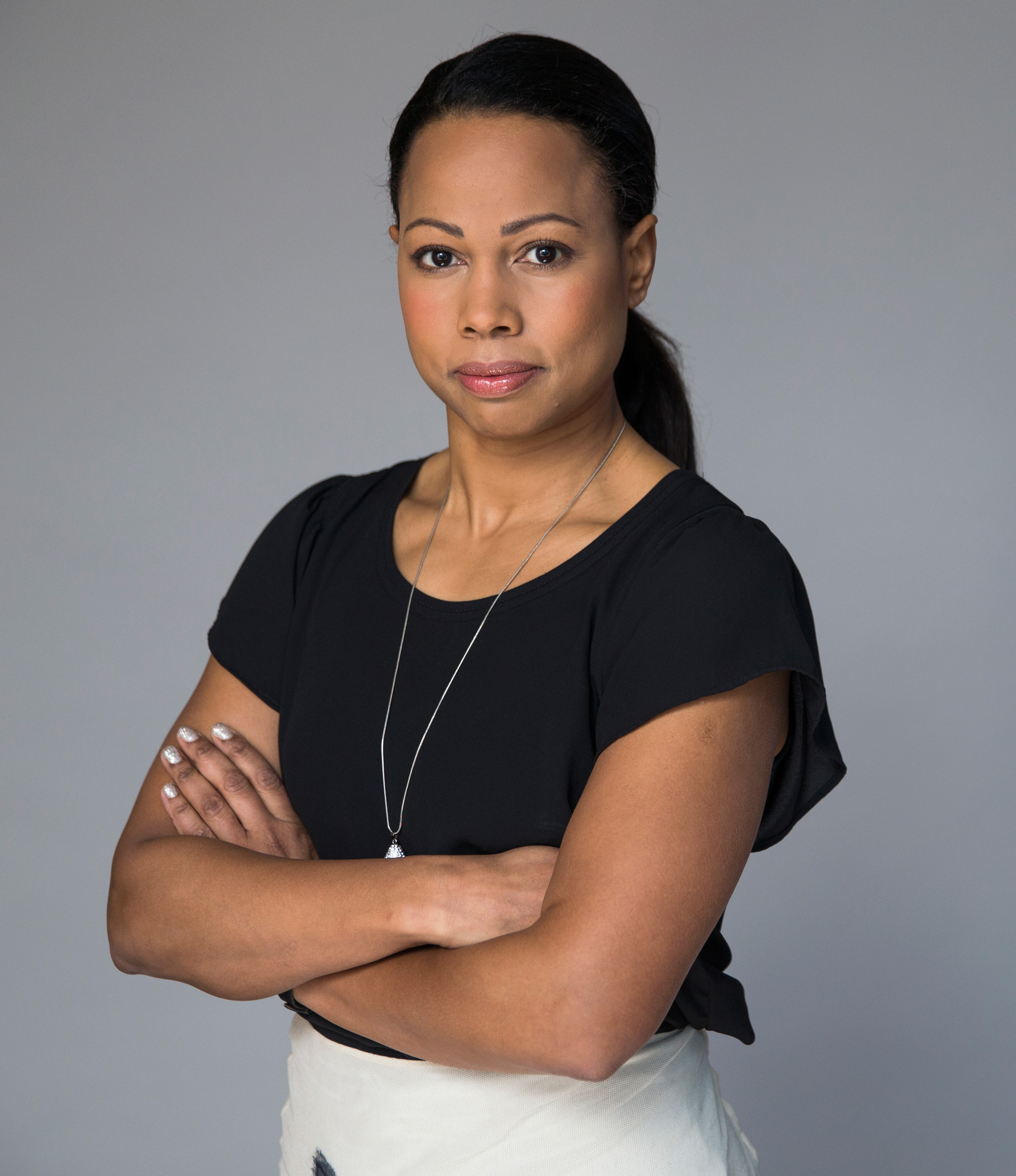|
Prodi Commission
The Prodi Commission was the European Commission in office between 1999 and 2004. The administration was led by former Italian Prime Minister Romano Prodi. History The commission took office on 16 September 1999 following the scandal and subsequent resignation of the Santer Commission which had damaged the reputation of the institution. The college consisted of 20 European Commissioner, Commissioners which grew to 30 following the Enlargement of the European Union in 2004. It was the last commission to see two members allocated to the larger European Union member state, member states. This commission (the 10th) saw in increase in power and influence following the Amsterdam Treaty. Some in the media described president Prodi as being the first "Prime Minister of the European Union". As well as the enlargement and Amsterdam Treaty, the Prodi Commission also saw the signing and enforcement of the Treaty of Nice (2001), Nice Treaty as well as the conclusion and signing of the Eur ... [...More Info...] [...Related Items...] OR: [Wikipedia] [Google] [Baidu] |
1999 European Parliament Election
The 1999 European Parliament election was a European election for all 626 members of the European Parliament held across the 15 European Union member states on 10, 11 and 13 June 1999. The voter turn-out was generally low, except in Belgium and Luxembourg, where voting is compulsory and where national elections were held that same day. This was the first election where Austria, Finland and Sweden voted alongside the other member states, having joined in 1995 and voted separately. The next election was held in 2004. Final results Results by country The national results as at 13 June 1999 are as follows: Results by group Communists/Far Left The European United Left - Nordic Green Left, EUL/NGL group picked up one seat in the election and seven in the subsequent regrouping, raising its total from 34 to 42. Social Democrats The PES group did badly, losing 34 of its seats in the election and slipping to the second-biggest group. Liberals/Liberal Democrats The ELDR grou ... [...More Info...] [...Related Items...] OR: [Wikipedia] [Google] [Baidu] |
Prodi Commission New
Romano Prodi (; born 9 August 1939) is an Italian politician who served as President of the European Commission from 1999 to 2004 and twice as Prime Minister of Italy, from 1996 to 1998, and again from 2006 to 2008. Prodi is considered the founder of the Italian centre-left and one of the most prominent figures of the Second Republic. He is often nicknamed ''Il Professore'' ("The Professor") due to his academic career. A former professor of economics and international advisor to Goldman Sachs, Prodi ran as lead candidate of The Olive Tree coalition, winning the 1996 election and serving as prime minister until losing a vote of confidence 1998. He was subsequently appointed President of the European Commission in 1999, serving until 2004. Following the victory of his new coalition, The Union, over the House of Freedoms led by Silvio Berlusconi, at the 2006 election, Prodi became prime minister a second time. On 24 January 2008, he lost a vote of confidence in the Senate a ... [...More Info...] [...Related Items...] OR: [Wikipedia] [Google] [Baidu] |
List Of European Commission Portfolios
A portfolio in the European Commission is an area of responsibility assigned to a European Commissioner, usually connected to one or several Directorates-General (DGs). Portfolios Agriculture The Commissioner for Agriculture and Rural Development is in charge of rural issues including most notably the controversial Common Agricultural Policy (CAP) which represents 44% of the EU budget. The post used to be combined with Fisheries in the Jenkins and Thorn Commissions. The related DG is the Directorate-General for Agriculture and Rural Development Climate Action The post of Commissioner for Climate Action was created in February 2010, being split from the environmental portfolio to focus on fighting climate change. The first Commissioner to take the post was Connie Hedegaard who headed the Directorate-General for Climate Action. Competition The Commissioner for Competition is the member responsible for commercial competition, company mergers, cartels, state aid, ... [...More Info...] [...Related Items...] OR: [Wikipedia] [Google] [Baidu] |
Independent (politician)
An independent politician or non-affiliated politician is a politician not affiliated with any political party or bureaucratic association. There are numerous reasons why someone may stand for office as an independent. Some politicians have political views that do not align with the platforms of any political party and therefore they choose not to affiliate with them. Some independent politicians may be associated with a party, perhaps as former members of it or else have views that align with it, but choose not to stand in its name, or are unable to do so because the party in question has selected another candidate. Others may belong to or support a political party at the national level but believe they should not formally represent it (and thus be subject to its policies) at another level. In some cases, a politician may be a member of an unregistered party and therefore officially recognised as an independent. Officeholders may become independents after losing or repudiating a ... [...More Info...] [...Related Items...] OR: [Wikipedia] [Google] [Baidu] |
European Green Party
The European Green Party (EGP), also referred to as European Greens, is a transnational, European political party representing national parties from across Europe who share Green values. The European Greens works closely with the Greens–European Free Alliance (Greens/EFA) Political groups of the European Parliament, parliamentary group in the European Parliament which is formed by elected Green party members along with the European Free Alliance, European Pirate Party and Volt Europa. The European Greens' partners include its youth wing the Federation of Young European Greens (FYEG), the Green European Foundation (GEF) and the Global Greens family. Green parties participates in the governments of five countries in Europe: Austria (The Greens – The Green Alternative, The Greens), Belgium (Groen (political party), Groen and Ecolo), Germany (Alliance 90/The Greens), Latvia (The Progressives (Latvia), The Progressives) and Spain (Catalunya en Comú/Sumar (electoral platform), ... [...More Info...] [...Related Items...] OR: [Wikipedia] [Google] [Baidu] |
Green Politics
Green politics, or ecopolitics, is a political ideology that aims to foster an ecologically sustainable society often, but not always, rooted in environmentalism, nonviolence, social justice and grassroots democracy.#Wal10, Wall 2010. p. 12-13. It began taking shape in the Western world in the 1970s; since then, green parties have developed and established themselves in many countries around the globe and have achieved some electoral success. The political term ''green'' was used initially in relation to ''Alliance 90/The Greens, die Grünen'' (German for "the Greens"), a green party formed in the late 1970s. The term ''political ecology'' is sometimes used in academic circles, but it has come to represent an interdisciplinary field of study as the academic discipline offers wide-ranging studies integrating ecological social sciences with political economy in topics such as degradation and marginalization, environmental conflict, conservation and control and environmental identi ... [...More Info...] [...Related Items...] OR: [Wikipedia] [Google] [Baidu] |
European Democrats
The European Democratic Group, more commonly known as European Democrats, was a conservative political group that operated in the European Parliament between 1979 and 1992. At its height in July 1979, it had 63 MEPs. Ideologically, ED was more Eurosceptic and right-wing than its centre-right rival European People's Party (EPP). Its members included parties such as the UK Conservative Party of Margaret Thatcher, Danish Conservative People's Party, and Spanish People's Alliance. In 1992, ED became a subgroup of EPP, now the European People's Party–European Democrats. ED split from EPP in 2009 to re-create the group as the Alliance of European Conservatives and Reformists. European Democrats in the European Parliament 1979–1992 The European Democratic Group (ED) was formed on 17 July 1979 by British Conservative Party, Danish Conservative People's Party and other MEPs after their success in the 1979 elections. It supplanted the earlier European Conservative Group. ... [...More Info...] [...Related Items...] OR: [Wikipedia] [Google] [Baidu] |
European People's Party
The European People's Party (EPP) is a European political party with Christian democracy, Christian democratic, liberal conservatism, liberal-conservative, and conservative member parties. A transnational organisation, it is composed of other political parties. Founded by primarily Christian-democratic parties in 1976, it has since broadened its membership to include liberal conservatism, liberal-conservative parties and parties with other centre-right politics, centre-right political perspectives. On 31 May 2022, the party elected as its President Manfred Weber, who was also EPP's ''Spitzenkandidat'' in 2019. The EPP has been the largest party in the European Parliament since 1999 and in the European Council since 2002. It is also the largest party in the current European Commission. The President of the European Commission Ursula von der Leyen and the President of the European Parliament Roberta Metsola are from the EPP. Many of the founding fathers of the European Union were ... [...More Info...] [...Related Items...] OR: [Wikipedia] [Google] [Baidu] |
Centre-right
Centre-right politics is the set of right-wing politics, right-wing political ideologies that lean closer to the political centre. It is commonly associated with conservatism, Christian democracy, liberal conservatism, and conservative liberalism. Conservative and liberal centre-right political parties have historically performed better in elections in the Anglosphere than other centre-right parties, while Christian democracy has been the primary centre-right ideology in Europe. The centre-right commonly supports ideas such as small government, law and order (politics), law and order, freedom of religion, and strong national security. It has historically stood in opposition to radical politics, redistributive policies, multiculturalism, illegal immigration, and LGBT acceptance. Economically, the centre-right supports free markets and the social market economy, with market liberalism and neoliberalism being common centre-right economic positions. It typically seeks to preserve the ... [...More Info...] [...Related Items...] OR: [Wikipedia] [Google] [Baidu] |
Alliance Of Liberals And Democrats For Europe Party
The Alliance of Liberals and Democrats for Europe Party (ALDE Party) is a European political party composed of 76 national-level parties from across Europe, mainly active in the European Union. The ALDE Party is affiliated with Liberal International and a recognised European political party, incorporated as a non-profit association under law of Belgium, Belgian law. It was founded on 26 March 1976 in Stuttgart as a confederation of national political parties under the name "Federation of Liberal and Democrat Parties in Europe" and renamed "European Liberals and Democrats" (ELD) in 1977 and "European Liberal Democrats and Reformists" (ELDR) in 1986. On 30 April 2004, the ELDR was reformed as an official European party, the "European Liberal Democrat and Reform Party" (ELDR Party). On 10 November 2012, under the leadership of Sir Graham Watson MEP, the party chose its current name ALDE Party, taken from its then-European Parliament Political groups of the European Parliament, gr ... [...More Info...] [...Related Items...] OR: [Wikipedia] [Google] [Baidu] |
Liberalism
Liberalism is a Political philosophy, political and moral philosophy based on the Individual rights, rights of the individual, liberty, consent of the governed, political equality, the right to private property, and equality before the law. Liberals espouse various and often mutually conflicting views depending on their understanding of these principles but generally support private property, market economies, individual rights (including civil rights and human rights), liberal democracy, secularism, rule of law, Economic freedom, economic and political freedom, freedom of speech, freedom of the press, freedom of assembly, and freedom of religion.Generally support: * * * * * * *constitutional government and privacy rights * Liberalism is frequently cited as the dominant ideology of modern history.Wolfe, p. 23. Liberalism became a distinct Political movement, movement in the Age of Enlightenment, gaining popularity among Western world, Western philosophers and economists. L ... [...More Info...] [...Related Items...] OR: [Wikipedia] [Google] [Baidu] |






